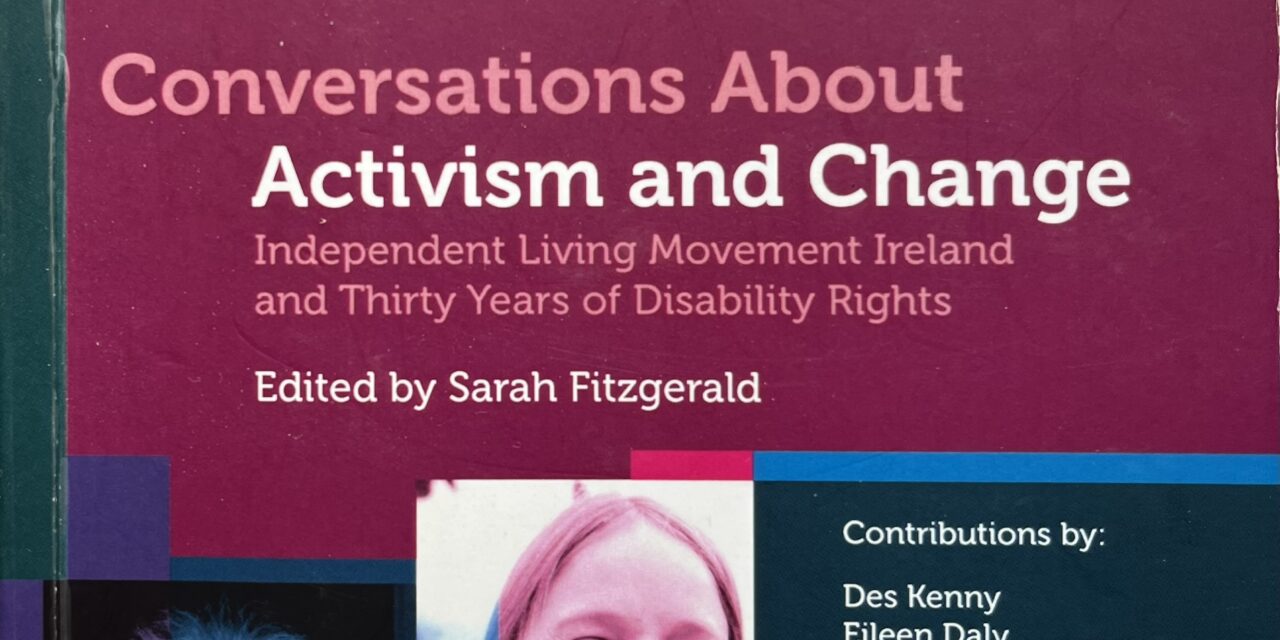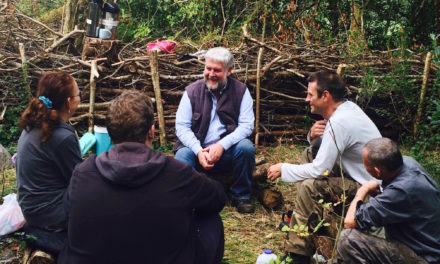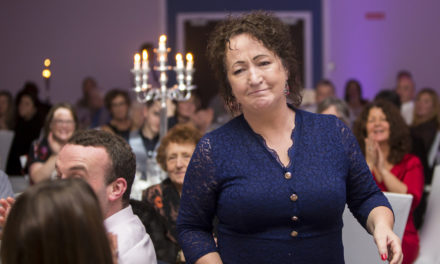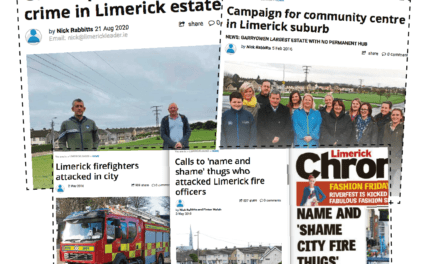“Younger disabled people are unaware of what went before, of the struggle, the heroes and the torch that is being passed on”
Books about activism are rarely published in Ireland or abroad, however the Independent Living Movement Ireland (ILMI) has just published one such book and immediately won international interest.
As Damien Walshe, the ILMI’s CEO says, “Books from the disability activist community are internationally rare. Sales to the USA were notable from the first week the book went on sale in early May.”
An easy, enjoyable read, ‘Conversations About Activism and Change’ warns against activist complacency, rails against the multi-billion Euro disability industry and calls for Ireland to move away from the medical model of disability (seen as disempowering) and replace it with the social model (many of society’s barriers can and should be removed).
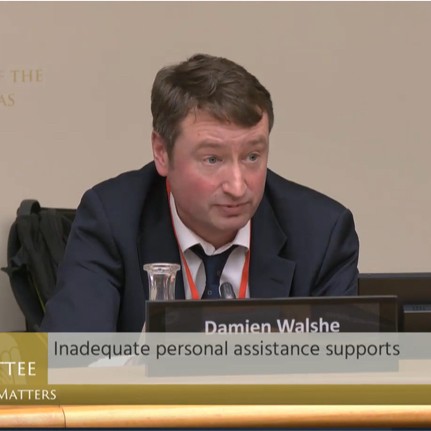
– Damien Walshe, CEO of Independent Living Movement Ireland
Other campaigners could learn from these disability activists. They used their time during Covid lockdowns to produce a series of podcasts that led to the publication of this fantastic publication.
“From start to finish and cover to cover, it was people with disabilities who ran this project, coming up with the concept, running with it, writing, editing and funding the publication,” said Walshe.
A neat 138 pages, it features pieces from 11 disabled activists from across Ireland – Des Kenny, Eileen Daly, Selina Bonnie, Jacqui Browne, Maureen McGovern, Peter Kearns, Ann Marie Flanagan, Dermot Hayes, Colm Whooley, Michael McCabe, and Sarah Fitzgerald, who also edited the book.
“The book is authentic in every aspect of its creation and is a true oral history of the disability rights movement,” she said.
The ILMI’s vice-chair Selina Bonnie says: “Most of the Irish disability rights movement’s stories have only been shared orally, transmitted mainly from activist to activist, or have been lost when treasured comrades have passed.”
Often, younger disabled people are unaware of what went before, of the struggle, the heroes and the torch that is being passed onto them.
“This book is part of reclaiming that “hidden history” about the struggle for the liberation and self-determination of disabled people in Ireland,” added Bonnie.

– Independent Living Movement Ireland vice chairperson Selina Bonnie
I like how the story is told in 11 chapters by the very people who became radicalised, who began to look at themselves anew and wanted social change in the world around them.
Upholding disability rights is now an international obligation on the State since Ireland ratified the UN Convention on the Rights of Disabled People in 2018. However, there are warnings from contributors that the future may not be a bed of roses for disabled people (the term preferred by many activists).
“I would remind people of activism fatigue,”warns Des Kenny. Calling for collective action, he says, “There is a danger that in having won some rights, we are regressing from an equality perspective.”
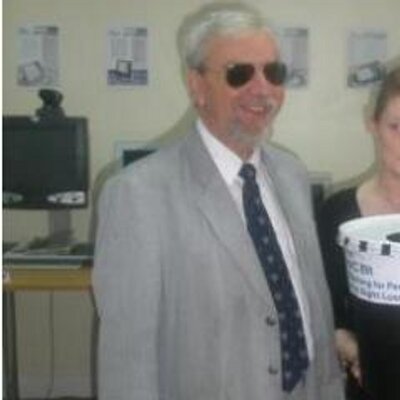
– Des Kenny, former CEO of the National Council for the Blind
He, among others, is anxious for Article 19 of the UNCRPD to be implemented in Ireland.
“People don’t want to be locked up in nursing homes. To achieve this, are we prepared to crawl up the steps of the plinth at the Dáil like (US campaigners did)?” he asks.
All the contributors espouse community development principles. As Maureen McGovern says, “Once people build themselves up, nothing can bring them down.”
She hated herself for years. “I didn’t think I deserved to be here, but that was due to all the negative attitudes coming at me.
“Disabled people must build capacity with each other and must be employed at disabled people’s organisations,” she says.
Disability activists often die younger, and one person who gets repeated mentions by contributors is Martin Naughton. He passed away in 2016 at the age of 62, having had a profound influence on others.
Bonnie recalls her first sight of him: “Out of nowhere this man in a hat I’d never met before flew in the room in his power-chair. There was this sense that the king had arrived. Even the highest-ranking politician seemed to respect him. I remember thinking, Who is that? It was Martin Naughton.”
Bonnie, who feels “quietly optimistic” about the future, ended up working for Naughton, including preparing placards for protests and bringing flasks of tea down to campaigners outside the Dáil. Bonnie later led campaigns, including battling to have society recognise that people with disabilities are sexual beings and can be parents.
“Although it’s not as unusual for disabled people to become parents today, many improvements are needed to make life easier for disabled parents,” she writes. “For example, baby-changing areas in public spaces are often not accessible to me and other wheelchair-using parents.”
Wider society is unlikely to think about these barriers unless they are brought to people’s attention.
However, as Jacqui Browne says, “We can bring about physical changes, but getting the more hidden but really important social issues addressed can be much harder.”
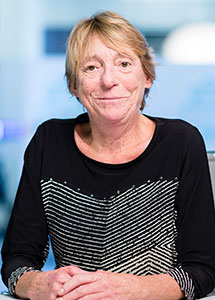
– Disability equality activist and consultant Jacqui Browne
She also tells readers of her definition of a true disabled people’s organisation (DPOs): “The situation at the moment is that we have a lot of disability organisations, especially disability service providers, that claim to represent us but are not run or directed by us. In a true DPO we are not clients. We are the organisation.”
Little if anything at all would change, as Fitzgerald adds, without teamwork, “We all know that real social change can only be brought about if we work together as a collective.”
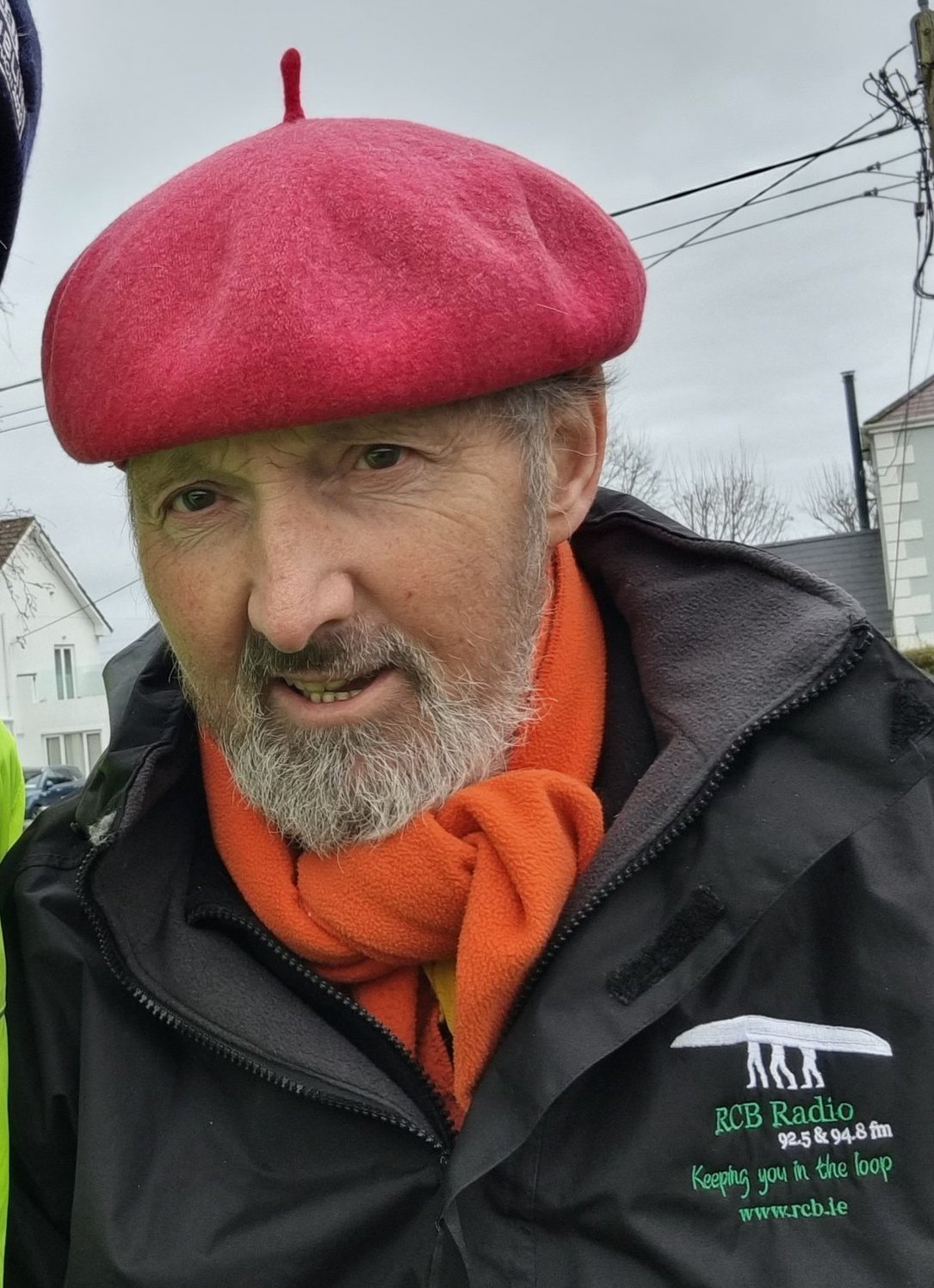
– Co Clare activist Dermot Hayes
County Clare’s Dermot Hayes recounts his time doing just that, as a shop steward fighting for women’s rights in the 1970s. That activism fed into a life of campaigning for broad social change, including for disabled people.
“The charity model is still there,” he writes. “The big organisations are embedded in the charity model and jobs and livelihoods are dependent on it. …We want rights, not charity,” he says.
“We need to build a movement of disabled people who see independent living and human rights as a way forward. The charity model is not the solution., he says.
Co-authors agree. Colm Whooley, who acquired a disability in a motorcycle accident, says however that disabled people have “lost ground” and “the disability industry has become stronger”.
He said that if disabled people do not “take back control” then “we’re just going to become a commodity generating an income for an ever-growing disability industry.”
#On a positive note, as he points out, “When I had my accident, the general public’s attitude to disabled people was in the Dark Ages compared to where we are now.”
‘Conversations About Activism and Change’ is published by Martello Publishing and is available to buy or order in all good bookshops (€12.95 RRP)
Buy online: https://linktr.ee/ilmiconversations

